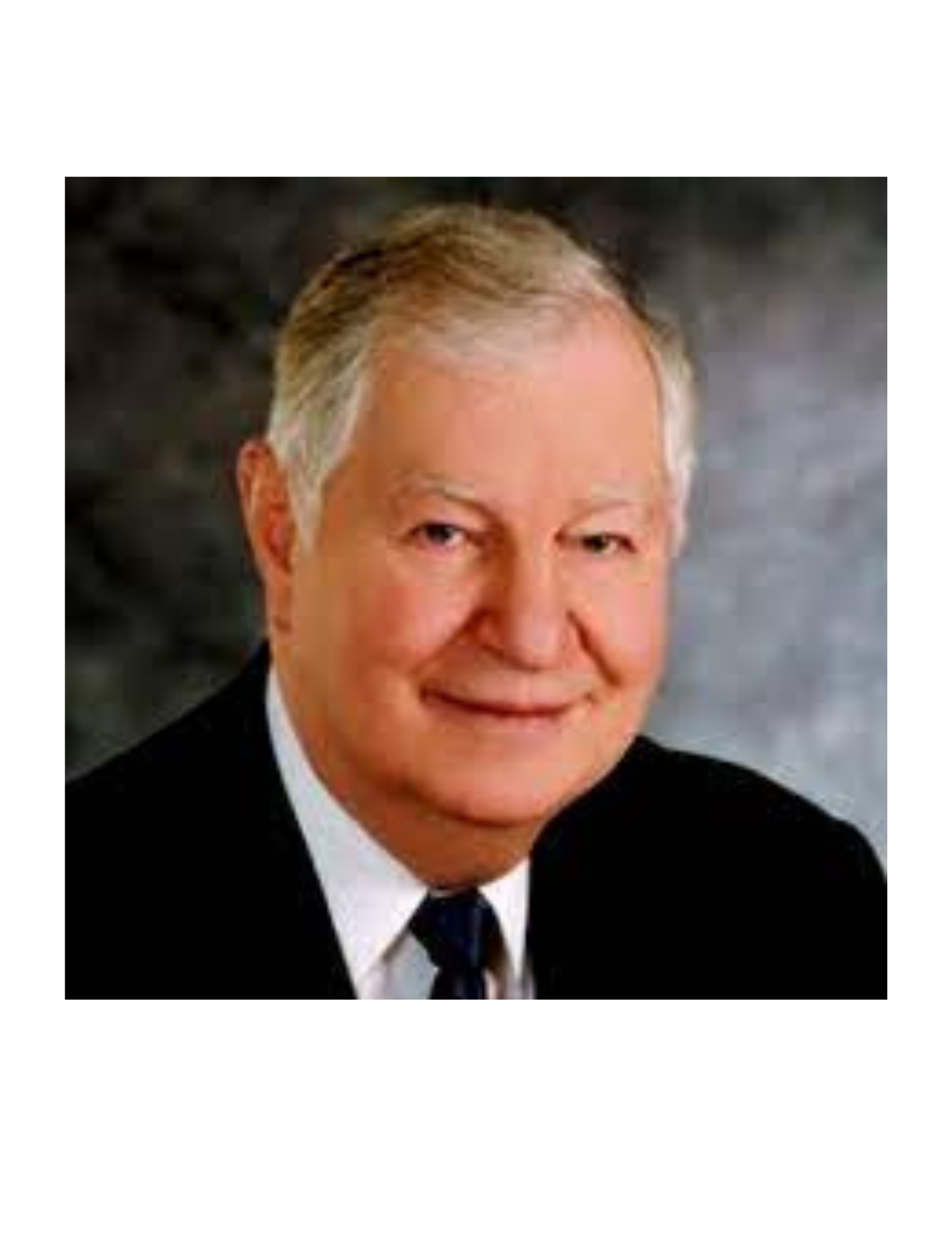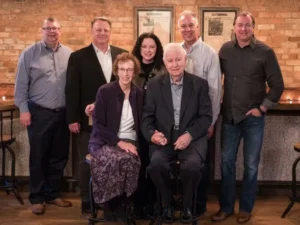How Christians Engage with the Public Square
Agoraphobia
Agoraphobia: the fear of public places.
This term is normally used when someone is afraid to go into public due to an anxiety disorder. But the word, “Agoraphobia” is associated with ancient Greek culture due to its origin. “Agora” translates to “gathering place” or “assembly.” Every Greek city-state had an Agora where there was a public gathering of citizens who discussed politics, philosophy, and heard reports from governing authorities.
It’s also where we get our word for the “Public Square.” Over time, the Agora became a place for commerce, justice, and religion. It was the focal point for community life in the Greek city-state. But today, the Public Square can be found in any nation, any city. Wherever there is a general location for discussion, from small tribes in Africa to the busy streets of New York.
In today’s digital culture, most “public square” conversations are held online, through social media and other online forums. Since Christians are represented in the “Agora,” and if Christians are commanded to make disciples and live missionally, we must not have a fear of the public square. So, how should Christians engage it with the gospel? Should Christians engage with political and social action, or should they disengage entirely to “keep peace?”
For Leaders
Last week on the podcast, we hosted Brent Leatherwood with the Ethics and Religious Liberty Commission (ERLC) to discuss how Christians engage with the Public Square. If you’re reading this, you are probably a Christian leader who wants to steward your opportunity well.
First, leaders should first recognize the importance of helping Christians think biblically about political and social matters. Some Christians completely shy away from any political discussions. Either they get too overwhelmed, or they feel like they should separate from any and all worldly discussions in an attempt to “love not the world or the things of the world.”
But the Christian life is inherently cultural and contextual. Living on mission means we must understand our mission field, and that means being informed about the matters that affect our lives in the social sphere. The biblical examples are too many to count – Christians have always utilized their station in life to be the light of Christ in a dark world, and more often than not, that Christian living affects the public square in which they live.
Second, leaders must leverage the tools in front of them to disciple their congregations. God has lended the pulpit to pastors to preach the word. Pastors should carefully steward their time on Sunday mornings to help Christians exerise wisdom in their context. This does not mean telling your congregation who to vote for and dictating political responsibilities. But it does mean allowing God’s word to speak to contextual Christian living. As leaders, we cannot weaponize our opportunity, but leverage it in a Godly and peaceful way.
 On the other side, we must not shy away from all discussion and ignore the issues surrounding us. Faithful preaching will simply preach the word, but make application of the word to the congregation. If your church is a voting poll, or a gathering place during the week for city meetings, utilize your people and place to show the love of Christ to the community. For example, this can be done by handing out snacks and water bottles, and praying over people as they walk out. We must lead by example, helping our people see the need of living on Mission for Jesus Christ.
On the other side, we must not shy away from all discussion and ignore the issues surrounding us. Faithful preaching will simply preach the word, but make application of the word to the congregation. If your church is a voting poll, or a gathering place during the week for city meetings, utilize your people and place to show the love of Christ to the community. For example, this can be done by handing out snacks and water bottles, and praying over people as they walk out. We must lead by example, helping our people see the need of living on Mission for Jesus Christ.
For Churches
The ERLC is re-launching a wonderful resource that helps Christian engage the public square. You can find the link here: A Christian Guide to Political Engagement. Please utilize this resource and apply it to your context.
Biblically informed, God-honoring engagement from Church Members is not just helpful. It’s needed. We need wise Christians to be an influence in every area of life, including politics, for the Glory of God. Here are three ways that Christians can engage with the public square.
Public Theology
E. Harold Brietenberg, in defining Public Theology, wrote a helpful article in 2003 called “To Tell the Truth: Will the Real Public Theology Please Stand Up?” In it, he defined Public Theology as, “Theologically informed public discourse about public issues, addressed to the church…as well as the larger public or publics, argued in ways that can be evaluated and judged by publicly available warrants and criteria.”
Public Theology can bring light and clarity to many cultural issues. In his podcast
Thinking in Public and The Briefing, Al Mohler explains the theological connections and issues associated with Cancel Culture, Social Justice, Critical Race Theory, Abortion, and Transgenderism. As much as the culture exhibits a polarity of opinions related to this variety of topics, Christians should be able to articulate what they believe and why—a precedent set by 1 Peter 3:15.
Public Ministry
Mark Clifton says that Replanted churches must focus on “making disciples who make disciples who make the community noticeable better.” This said, churches in revitalization should place effort towards ministry in their community. Like Public Theology, Public Ministry is a form of political activism because it concerns itself with having activity in the affairs of the public square. Using the term “Public Ministry” is related to social action, but helps dispel the negative connotations associated with the Social Gospel Movement which helped give rise to the religious left today. 
In Luke’s gospel, Jesus begins his public ministry by announcing his personal fulfillment of Isaiah’s prophecy in Luke 4:18-19. “The Spirit of the Lord is upon me, because he anointed me to proclaim good news to the poor. He has sent me to proclaim liberty to the captives and recovering of sight to the blind, to set at liberty those who are oppressed, to proclaim the year of the Lord’s favor.” When we minister in the name of Jesus, we are continuing the ministry that Jesus left to his disciples when he ascended into heaven, and we will continue ministering until he returns.
Christians today involving themselves with any sort of public ministry should recapture the original intent of Christ’s ministry—to demonstrate his supremacy and restoration of sin, in all areas of life. Due to the complexity of cultural facets today complicated by time, sin, and population, Christians have many options for various public ministries such as pro-life ministries, sex trafficking ministries, justice ministries, medical ministries, and financial ministries. God places distinct burdens, gifts, abilities, and desires in each of us, and desires that we would be faithful in whatever calling He has on our lives. We need only to obey and magnify his Lordship while doing whatever task he has given us.
Public Office
Finally, another great way Christians can practice political activism is by running for public office. This effort involves those who are especially skilled in leadership, but Christians in political office can have a great impact on society. Each Christian should consider their own vocation and calling on their life and consult their abilities and skills as well as support from friends and family before considering running for office. While Scripture does not specifically tell Christians to try and run for political office, it does contain numerous examples of characters who were types of governing officials and in positions of influence.
In 1 Corinthians 4:1-2, Paul says, “This is how one should regard us, as servants of Christ and stewards of the mysteries of God. Moreover, it is required of stewards that they be found faithful.” Paul’s greatest desire is that he would be known for the way he obeyed his Lord and the way he handled the truth of the gospel in all areas of life. May this ethical and evangelistic mindset be the every Christian who desires to actively engage their culture with the gospel of Jesus Christ.
For more information, please see my thesis on this topic from SEBTS: Transformative Cultural Engagement in Political Activism. I hope it’s helpful.












 The need for change is urgent. But there is a balance in moving steadily, at a moderate pace. Don’t encourage complacency by failing to act, and don’t move too quickly that you fail to see the land mines around you. He says, “When sinful habits are reinforced over time they become strong points of contention early in the ministry of the church’s new pastor.” Interim Pastors (and Replant Pastors) may be tempted to run quickly towards your vision, but you must not fail to see the land mines that can blow up along the way.
The need for change is urgent. But there is a balance in moving steadily, at a moderate pace. Don’t encourage complacency by failing to act, and don’t move too quickly that you fail to see the land mines around you. He says, “When sinful habits are reinforced over time they become strong points of contention early in the ministry of the church’s new pastor.” Interim Pastors (and Replant Pastors) may be tempted to run quickly towards your vision, but you must not fail to see the land mines that can blow up along the way.





 Another way to “Listen to the Field” is by being active in your community. As a Replant or Revitalization pastor, you will do yourself a favor by being as active in the community as possible. Some of the most helpful conversations I have been in have been at the coffee shop, a football game, or a city council meeting.
Another way to “Listen to the Field” is by being active in your community. As a Replant or Revitalization pastor, you will do yourself a favor by being as active in the community as possible. Some of the most helpful conversations I have been in have been at the coffee shop, a football game, or a city council meeting. 





 Some think bivocational ministry is a stepping stone to vocational ministry or that bivocational pastors are “half-pastors.” Nothing could be further from the truth. It is usual for pastors to work bivocationally. It is even more common for a church to provide supplemental income, while a full-time job offers the primary income for a pastor and his family.
Some think bivocational ministry is a stepping stone to vocational ministry or that bivocational pastors are “half-pastors.” Nothing could be further from the truth. It is usual for pastors to work bivocationally. It is even more common for a church to provide supplemental income, while a full-time job offers the primary income for a pastor and his family. 



